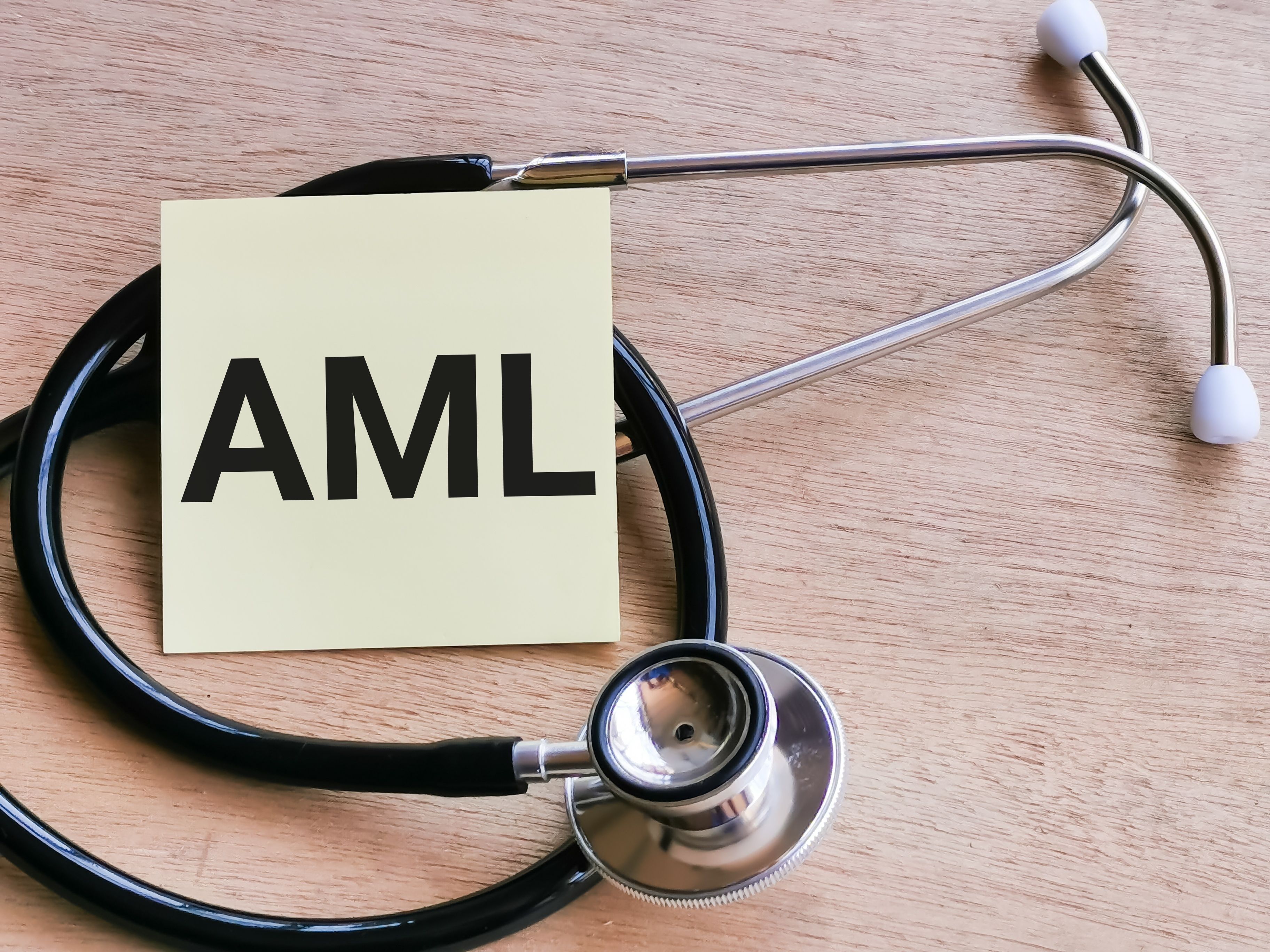Improvements Made in Stem Cell Transplant for Older Patients With AML Since 2000
A study that analyzed data from 2000 to 2021 indicated improvements for both leukemia-free survival and overall survival for older patients with acute myeloid leukemia.
Image credit: Ekahardiwito | stock.adobe.com

Patients aged 65 and older with acute myeloid leukemia (AML) who received treatment with an allogeneic hematopoietic stem cell transplant (allo-HCT) between 2000 and 2021 had overall survival (OS) improved significantly over time, according to results published in Clinical Cancer Research.1 In addition, these patients were also considered leukemia free.
AML, which has a median age of 68 years at diagnosis and is usually treated with targeted therapies or intensive chemotherapy unless treatment fails, often requires allo-HCT as a treatment. Typically, a significant number of patients aged over 65 years are not always candidates for intensive chemotherapy or allo-HCT because they are considered too infirm. However, medical advances over the past couple decades have made allo-HCT a safer, more popular treatment option for older patients with AML.
“Over time, significant progress in allo-HCT has decreased mortality and allowed for the delivery of allo-HCT to older patients,” said senior study author Ali Bazarbachi, MD, PhD, professor at the American University of Beirut in Lebanon, in a press release.2 “However, little information is available about the global impact of these changes and the predictive factors for post-transplant outcomes, and available data on outcomes from retrospective and prospective studies are mixed.”
The study analyzed a data set which included over 600 transplant centers with information on transplantation and follow-up data of 7215 patients who received allo-HCT for AML at age 65 or older between from 2000 to 2021. According to the data, at the time of patient transplants, approximately 64% were in their first complete AML remission, 14% were in their second, and the remaining 22% had active disease. Outcomes were assessed in the 3 years immediately following allo-HCT.
Outcomes were compared between patients who were treated from 2000 to 2009 (n = 728), 2010 to 2014 (n = 1775), and 2015 to 2021 (n = 4712). Across all 3 time periods, relapse incidence had decreased significantly to 37%, 31%, and 30%, respectively, and similarly, non-relapse mortality as a result of anything other than AML was at 31% from 2000 to 2014 and decreased to 27% from 2015 to 2021. Further, both leukemia-free survival (32% to 38% to 44%, respectively) and OS (73% to 42% to 49%, respectively) steadily increased across the 3 time periods.
Additionally, improvements in all outcomes—except for non-relapse mortality—were observed regardless of whether patients were in their first or second complete response or had any disease at the time of transplant. The patients who had active disease presented differences that were only significant in the 2015 to 2021 period. Further, patients who experienced their second complete response had presented decreases in non-relapse mortality.
“We hoped these large-scale, real-world data could serve as a benchmark for future studies in this setting,” said Bazarbachi in the press release. “Our study represents one of the largest analyses to date assessing trends over time and predictive factors for outcomes in elderly AML patients after allo-HCT.”
Study limitations include a lack of data on minimal residual disease of the majority of patients—most notably in those who were treated prior to 2015—and no information was available on the maintenance therapies patients received following allo-HCT. The study authors emphasized the significance of offering allo-HCT as a treatment option for patients over 65 years because of the steady improvement in outcomes.
“In tandem with the marked increase in elderly patients receiving allo-HCT, we observed an impressive improvement over time in leukemia-free and overall survival,” said Bazarbachi in the press release. “These data indicate that allo-HCT should no longer be optional but should be mandatory for elderly patients.”
